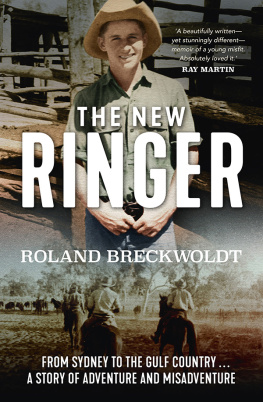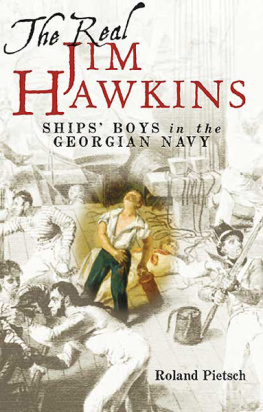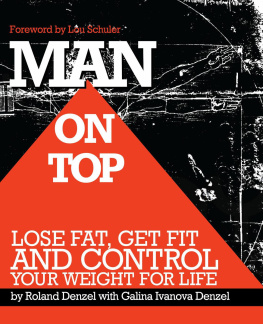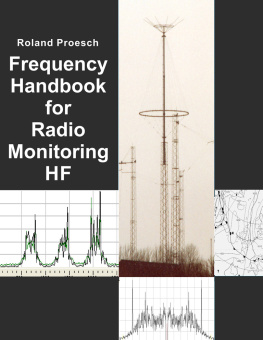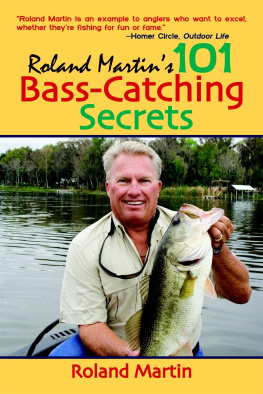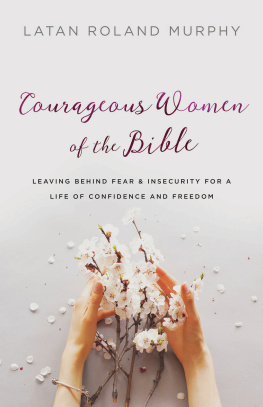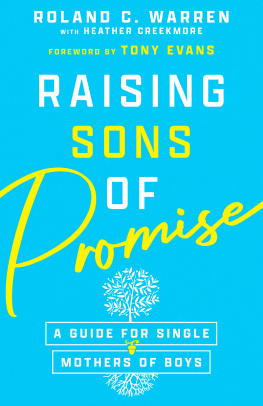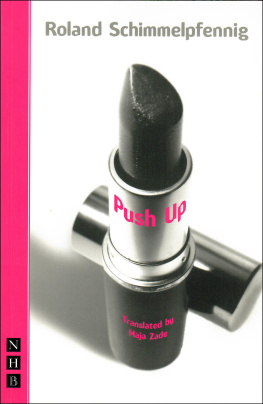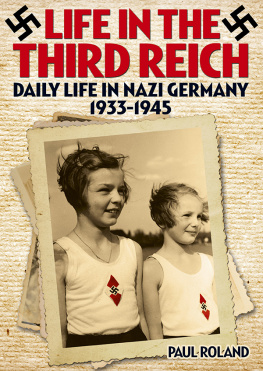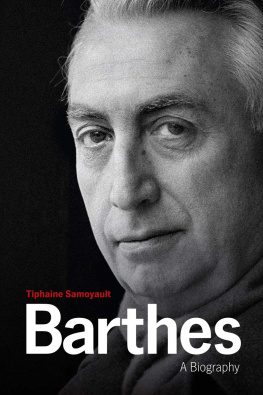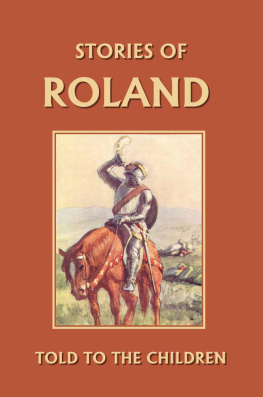
ROLAND BRECKWOLDT became a leading advisor on agriculture and the environment. He was made a Fellow of the University of New England and has been an Honorary Lecturer in the Fenner School for Environment and Society and a Visiting Fellow in Human Science at the Australian National University. He is the author of highly acclaimed books including Wildlife in the Home Paddock and A Very Elegant Animal: the dingo, and twice the winner of the Royal Zoological Society's Whitely Medal. He is a widely respected horseman.
First published in 2022
Copyright Roland Breckwoldt 2022
All rights reserved. No part of this book may be reproduced or transmitted in any form or by any means, electronic or mechanical, including photocopying, recording or by any information storage and retrieval system, without prior permission in writing from the publisher. The Australian Copyright Act 1968 (the Act) allows a maximum of one chapter or 10 per cent of this book, whichever is the greater, to be photocopied by any educational institution for its educational purposes provided that the educational institution (or body that administers it) has given a remuneration notice to the Copyright Agency (Australia) under the Act.
Allen & Unwin
83 Alexander Street
Crows Nest NSW 2065
Australia
Phone:(61 2) 8425 0100
Email:
Web:www.allenandunwin.com

ISBN 978 176106 783 9
eISBN 978 176106 465 4
Map by Mika Tabata
Set by Midland Typesetters, Australia
Cover photographs: authors collection
Cover design: Luke Causby/Blue Cork
For Dan and Max
Time measured by distances, people, incidents. I feel them in footsteps, paces, touch of foot on ground. From childhood house to bush and the creek that ran through it. From cattle-station buildings that housed our quarters to a distant cattle camp next to a beautiful waterhole where crocodiles swayed waterlilies. A dusty horse yard, ringed by rails. Then riding to the farthest point of a days mustering. Later, on our farm, the walk from house to the dog kennel, to the chook shed, the water pump on the creek from which we pulled water.
Every feature alone. Then, the collective impact. That is what I want to write about. How land and water, the wildlife, the horses and cattle shaped me and the people I shared them with.
Christmas Eve 1941 is my pivot, although I had not yet happened. That quiet night, right at the moment my father was lighting the candles on the Christmas tree, the military police burst through the door and arrested him. Angela watched her father being led away and him saying that these men are just doing their job. Angela was three and cried herself to sleep pretending her pillow was her father. Her present of a beautiful dolls house with blue velvet carpets crafted by her father gave no comfort and was soon lost in the disruption that followed. She still feels it and there are tears in her eyes at the telling.
This is no exaggerated family legend fed by the years. While the exact time is missing, the official record confirms the arrest. Absent, of course, is any feeling. The date says enough. The Australian Military Forces Report on Prisoner of War records the Capture of ENEMY ALIEN N.1597 Alfred Franz Breckwoldt on 24/12/41 at Flat No. 1. Sefton Court, Frederick Street, NRTH.BONDI.
I can now see it all.
There was always a quiet, excited anticipation on Christmas Eve for us German kids as we waited in the room next door for my father to light the candles on the Christmas tree. Our entry ticket was when he and Mum sang the German carol Ihr, Kinderlein, kommet. We would rush to open presents laid out under a beautifully decorated Christmas pine tree that glistened with candles. It was always cut from a northern hemisphere pine; any pine in a park or by the roadside was in danger of losing a branch. No casuarina cut from the bush, like some Australian families did, would ever do for us. How would that look beside his beautifully crafted nativity scene, with its peaked and snow-covered stable roof?
We would get our presents early, while our friends had to wait until Christmas Day after Santa distributed his goods. Without chimneys to climb down into their fibro houses, they left a window open, with a beer and a slice of Christmas cake to lure him through. Both were missing before dawn, proof for them that Santa was real.
So why a Christmas Eve arrest? The Security Service would have known that Christmas Eve is when Germans celebrated Christmas. My father had been in Australia almost four years. They knew where he lived. He had conformed to all identity checks, such as being fingerprinted at Victoria Barracks two years earlier. How about a New Years Day arrest? Or letting it go for a week or two until after the Christmas break? Let alone the bigger question: why arrest him at all?
My father had done his silly and misguided bit to direct enmity his way. You had to know him. He had been interviewed by two security agents on 22 December 1941, only two days before that ugly Christmas Eve. Also hovering over that interview, or perhaps even directing it, was the Japanese attack on Pearl Harbor on 7 December 1941, which brought the war to the Pacific. No longer was the war far away in Europe; it was now right here, with its waves breaking over nearby Bondi Beach.
The two security agents probed my fathers allegiances and asked whether he regarded himself as a good German. There was an easy way out: all he had to say was how much he loved Australia and how much he hated Hitler. And how he had witnessed the militarisation of Nazi power in Germany and got out while he could. No need to fake that; it was all true. Instead, he insisted that being a good German was a precondition for being a good Australian. He had a point, but it was not worth making. Everything was lost and the security agents fixed on the words good German.
Fate, in its mysterious convolutions, had landed my parents in Australia just in time for another war. They arrived in Australia in early 1938, with only a year of freedom before Prime Minister Menzies declared war against Germany on 3 September 1939. That was soon followed by the National Security (Aliens Control) Regulations 1939 (Cth) that created enemy aliens out of all migrants from countries that were now at war with Australia.
These regulations made enemy aliens out of German, Italian and Japanese, some of whom had been in Australia for many years. Worse still, Australian women married to enemy aliens lost their British nationality under the Nationality Act1920 (Cth) and suddenly became enemy aliens. The regulations covered every aspect of the lives of its enemy aliens; now they were stateless and without citizenship rights. They and their families were registered with restrictions placed on employment, travel, transfer of property and ownership of cars and radios. Only English was allowed in public places and on the telephone.
My parents had left Germany in 1933 to begin a new life in Shanghai. One reason my father left Germany that year was that he had fought in the First World War and wanted no part in another. He was also an architect interested in public works that were being shelved in favour of weapons during the militarisation of Germany under Hitler.
The second reason was that he had fallen in love with the daughter of his wifes doctor, who was some nineteen years younger than him. He had left his wife, who was in and out of sanatoriums with tuberculosis; he had also left his two children, Helmut and Geisa, for the beautiful young Ilse, who would become my mother. She with the olive skin, the dark wavy hair and the clear brown eyes set in a harmoniously balanced face. My father slim, of medium height, handsome with his more angular face. Their perilous age gap tucked away.
Next page
